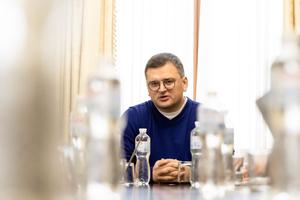World Health Organization Grants Holy See Permanent Observer Status
The Vatican will be permitted to observe sessions and participate in debates. Unlike member states, the Holy See will not be allowed to vote on issues or put forth candidates.

The Holy See has been granted permanent observer status to the World Health Organization following a resolution adopted by consensus on May 31.
This means that the Holy See will be a non-member state observer for the organization and will be permitted to observe sessions and participate in debates. Unlike member states, the Holy See will not be allowed to vote on issues or put forth candidates.
A communiqué issued by the Holy See Press Office on June 1 stated: “The World Health Assembly adopted, by consensus, Resolution Participation of the Holy See in the World Health Organization presented by Italy, which formalizes the participation of the Holy See in the work of the World Health Organization as a non-Member State Observer.”
“This decision reflects the relationship that the Holy See has continuously maintained with this Organization since 1953 and it bears witness to the commitment of the family of nations in addressing, through dialogue and international solidarity, the global health challenges that afflict humanity.”
The Holy See has been an observer of the WHO’s World Health Assembly since 1953 and has been a permanent observer at the United Nations since 1964.
The World Health Organization is the health agency of the United Nations. The organization’s annual assembly was held virtually this year from May 24 through May 31.
The resolution to name the Holy See as a permanent observer state to the World Health Organization was sponsored by Italy and was co-sponsored by 71 countries.
Luigi Di Maio, Italy’s minister of foreign affairs, praised the work of the Holy See in the health field and said that he believed the Holy See would be beneficial to the World Health Organization.
“I am convinced that the Holy See, which has been providing assistance for years through the organizations of the Catholic Church to millions of needy people around the world, will bring precious value to the World Health Organization and will further strengthen the spirit of solidarity on a global level,” Di Maio said.
“It will be a great inspiration for all member states."
- Keywords:
- holy see
- world health organization
















